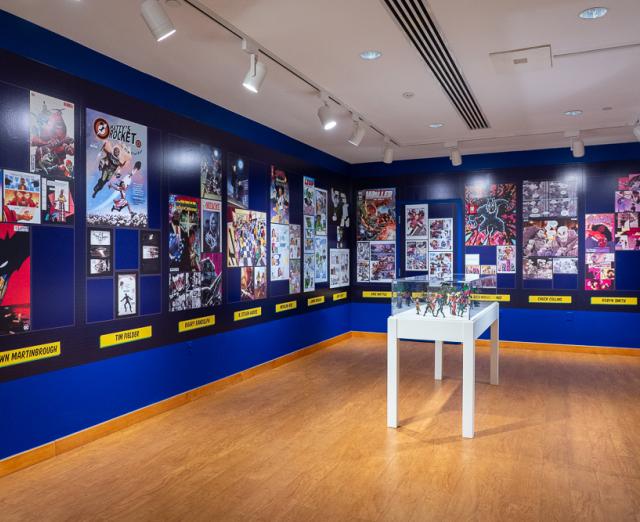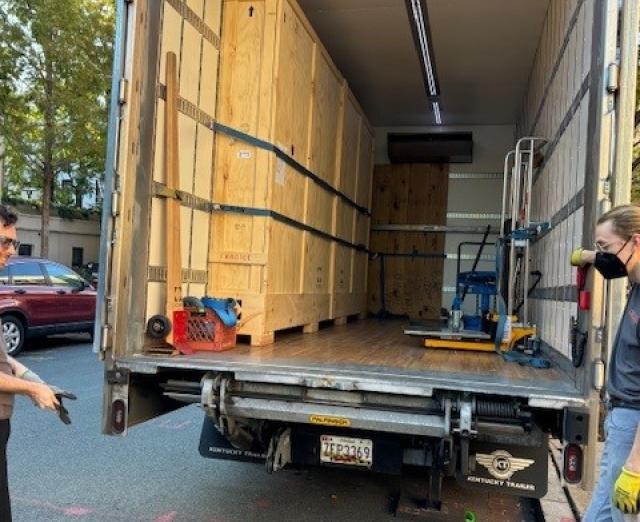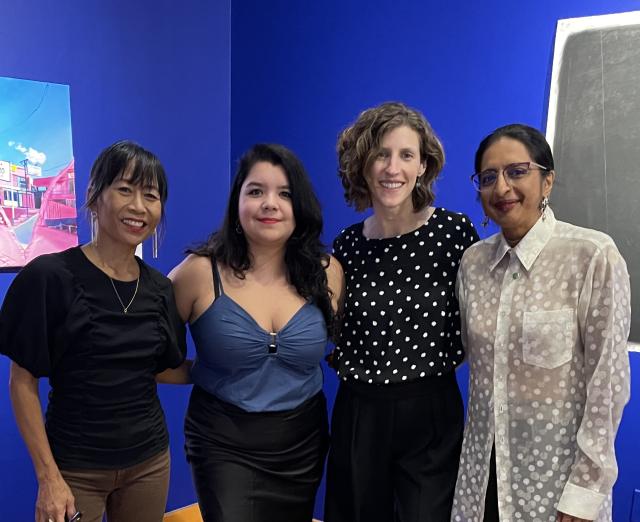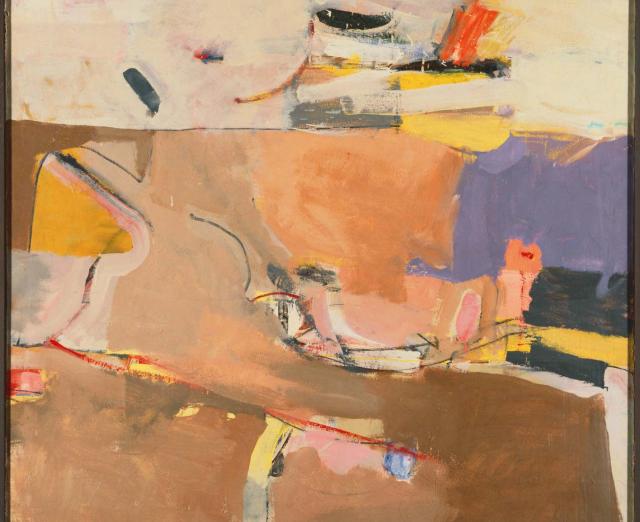Tarfia Faizullah on Contemporary Asian American Literature
Exhibitions & Events
Brooklyn-born poet and author of Seam, Tarfia Faizullah speaks at the Phillips as part of the Asian American Literature Festival on July 28. As a featured writer, Curatorial Research Intern at the Smithsonian Asian Pacific American Center Carlo Tuason asked her a few questions about her work and the state of contemporary Asian American literature.
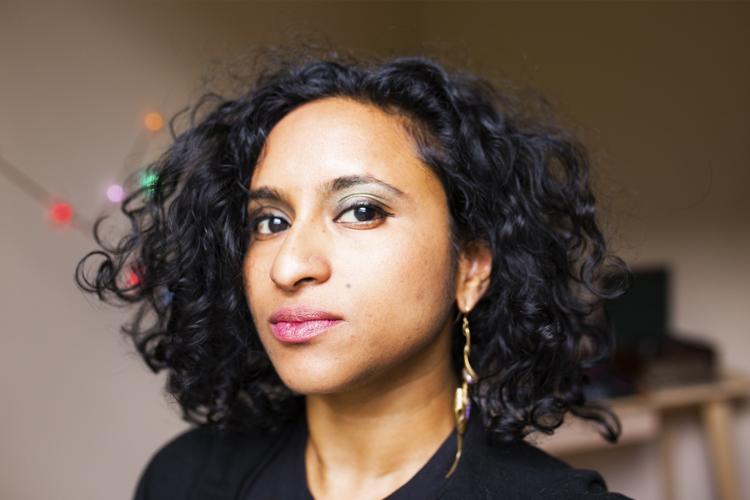
Tarfia Faizullah
What do you think having an Asian American literature festival means to the broader Asian American community? What does it mean in regards to the state of Asian American literature? I think it’s always interesting to get folks of different generations, heritages, life experiences, talents, and perspectives into the same space at the same time, because it shows us what is possible, and how far we have already come. Some of the folks who will be there have provided, in decades past, the initial momentum and ambition that have helped newcomers blaze their own wondrous trails through the world of arts and letters. We have much to learn from each other, and we shouldn’t be content to merely maintain our own individual silos of experience—I’m excited about how different we all are from each other, as well as where we overlap and intersect. I hope to eavesdrop on as many conversations as I can! In all seriousness, this is an opportunity to add another point of view to our own, and to find enjoyment in each other’s company, which I don’t think should be underestimated as a potentially powerful tool of change. I just took another look at the lineup and schedule for the festival, and frankly, it means a time spent listening to, and being around, extraordinary and extraordinarily decent people who have a lot to share.
What do you want festival attendees to take away from “Tea with Tarfia”?
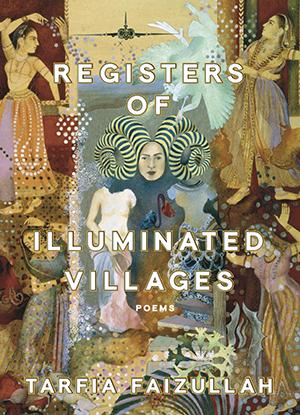
Registers of Illuminated Villages, Tarfia Faizullah. Releasing in March 2018.
I have so many fond memories of listening to my mother and her friends speaking intimately and openly to each other over tea. I was often surprised by how deep and vast the conversations could be. Sometimes, my mother and her friends would challenge each other’s perspectives, and it would lead not necessarily to agreement, but to understanding, which actually seems more difficult to achieve. My mother is still close with those friends, and I still return to and value the insights I got from just listening to the way others think. I appreciate that informality can lead to surprising and surprisingly deep forms of connection and intimacy. I’m hoping we’ll learn something fascinating about ourselves and each other in all sorts of delightful and unforeseen ways, and I’m hoping for laughter. Also, these days, I’m often the one in the hot seat, so I’m excited for the chance to ask others what their current and primary concerns are. My hope is that folks who come will experience the pleasure of spontaneous, connective, and candid conversations, and that we’ll all leave with insights that may aid us in sorting through and better understanding the nuances of our own lives and the lives of others. Basically, I’ve always secretly maybe wanted to host my own talk show, and this is my chance! We’ll have tea! And I’ll have lots of questions.
Are there any themes that permeate throughout your work? I would say there are certain obsessions that keep choosing me—memory, its fallibility/flexibility—time, basically, and how to express the strange music of all this pain and love and sorrow and joy.
